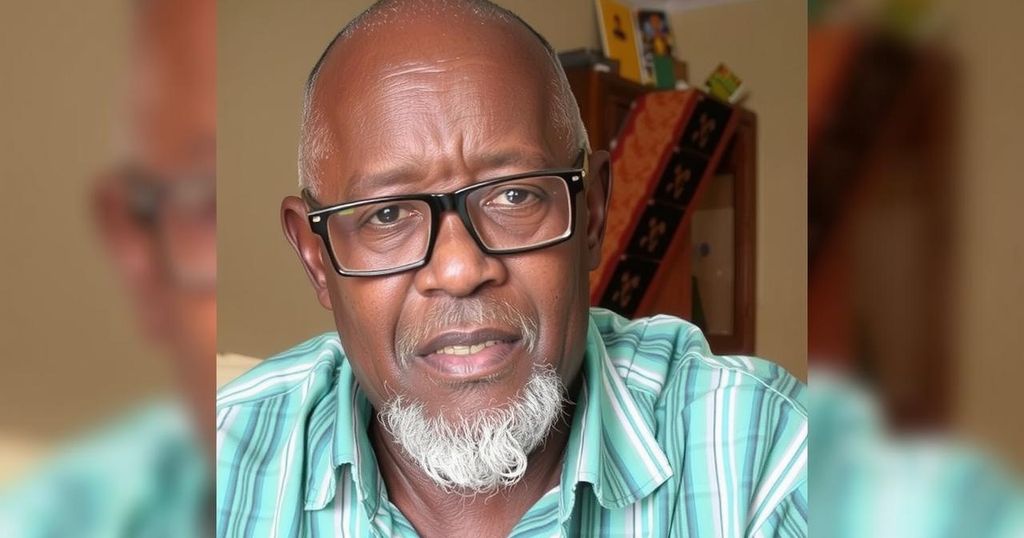The Fate of a Stark County Man Linked to the 1994 Rwandan Genocide

Eric Nshimiye, a Stark County man, is accused of lying about his involvement in the 1994 Rwandan genocide to secure residency in the United States. He faces charges of perjury and obstruction of justice while awaiting trial in Boston, where he could face deportation if convicted. Supporters claim he is innocent, and experts question the narratives surrounding the genocide’s complexities.
A Stark County man, Eric Nshimiye, is currently awaiting federal trial in Boston, accused of having provided false information regarding his involvement in the Rwandan genocide of 1994. Nshimiye, a 53-year-old engineer and father of four, was arrested in March after being implicated in heinous crimes committed during a tumultuous 100-day period in which approximately 800,000 Tutsis were killed by the Hutu majority. Although he faces charges related to perjury and obstruction of justice, he has not been charged directly with any violent acts. Nshimiye’s defense claims that he was not present in Rwanda during the genocide and he may seek to prove his innocence with foreign records. His attorney emphasized that Nshimiye is not listed among those wanted by the Rwandan government for genocide. Many community members have spoken in support of Nshimiye, asserting his character and commitment to family and faith. The prosecution, however, contends that he previously concealed his past and participated in violent acts against Tutsis during the genocide, for which they claim to have witnesses. Some experts have raised questions regarding the narrative surrounding the genocide, suggesting a more complex reality than is generally portrayed.
The Rwandan genocide, which occurred between April and July 1994, was marked by the mass extermination of Tutsis by the Hutu majority, leading to substantial mortality and widespread human rights violations. In this context, Eric Nshimiye, initially a refugee, relocated to the United States in 1995. The case against him rests not on direct involvement in these atrocities but on allegations of dishonesty concerning his past in his attempts to secure residency in the United States. The legal battle that is unfolding reflects broader themes of justice and accountability concerning historical events, particularly as they relate to diaspora communities residing in the West.
Eric Nshimiye’s case highlights the complexities of legal proceedings involving historical genocides and the rigorous scrutiny surrounding immigration status. As he maintains his innocence and awaits trial, the implications of this case not only affect his future but also resonate within discussions of justice for victims of the Rwandan genocide. The outcome may hinge on the ability of Nshimiye to substantiate his claims of innocence and the evidentiary challenges faced by both the defense and prosecution. Community support and expert opinions continue to shape perceptions of Nshimiye’s character amidst this contentious legal battle.
Original Source: www.the-review.com







